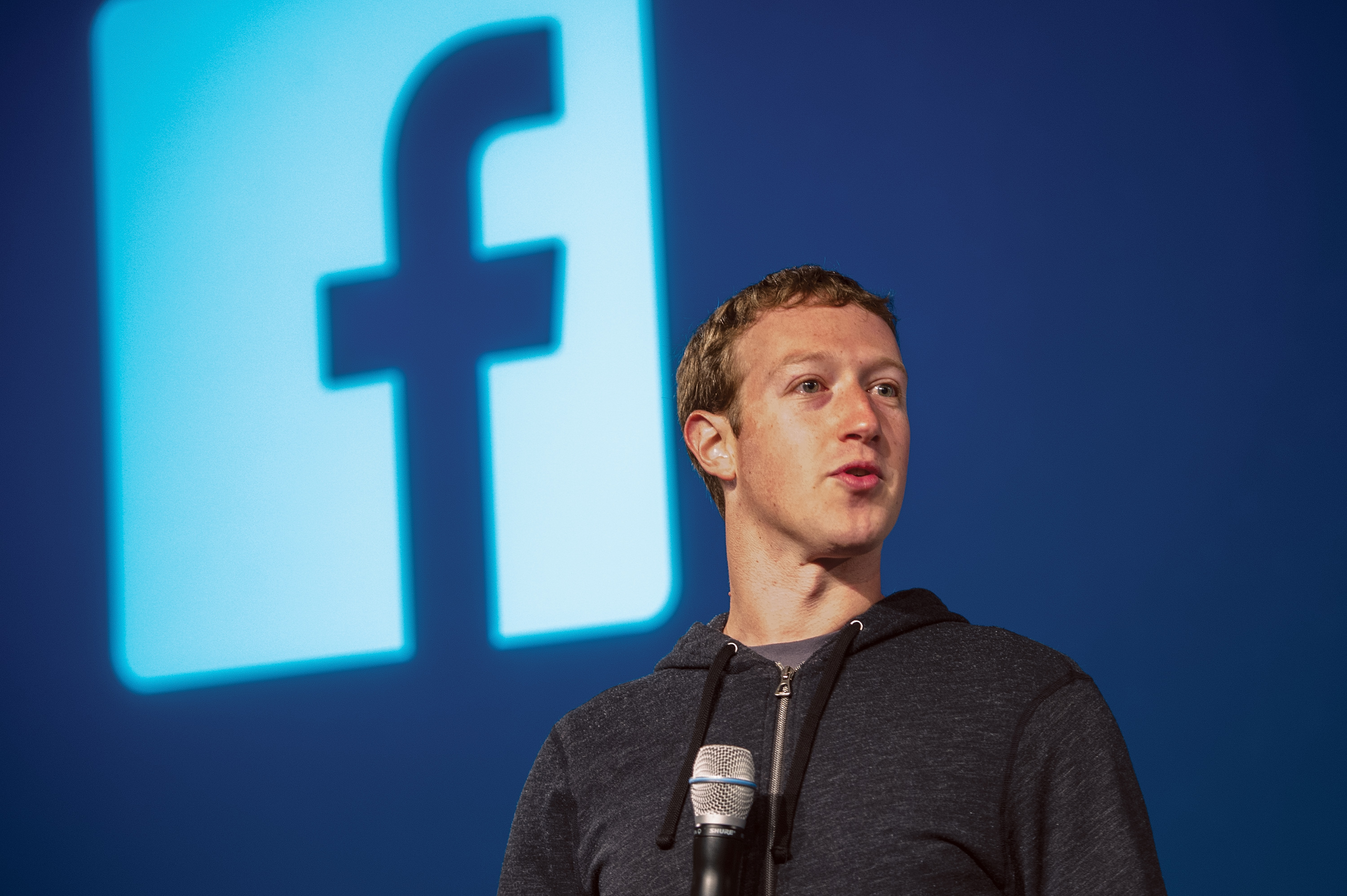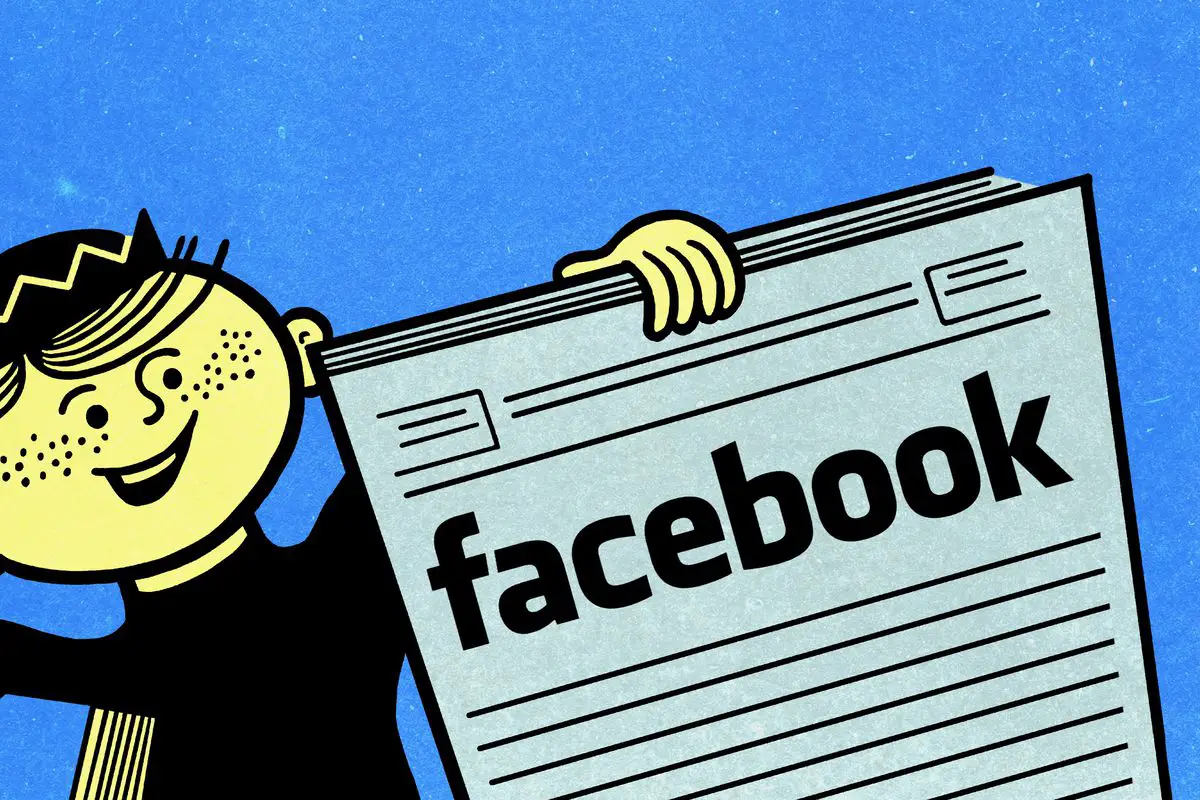Facebook just announced the new changes to its newsfeed and it has many advertisers worried. In a post, Facebook CEO Mark Zuckerberg announced on Jan. 11, that its users will now “see less public content like posts from businesses, brands and media. And the public content you see more will be held to that standard.” So, what exactly are these new Facebook changes?
Well, on your newsfeed, you will now see more posts from your friends and any groups you joined instead of advertisements from different brands and media, in order to promote “meaningful interactions between people.” That sounds pretty nice, right?
Facebook is one of the world’s largest distributors of news and online ads, which explains why your newsfeed might be cluttered with seemingly irrelevant advertisements. It may be annoying, but companies are spending a lot of money to get you to see their content. A lot of money. Even though Facebook may seem like a regular social media site, it generates over $1 billion per quarter in advertising revenue, with its biggest spenders being Walmart, Ford and McDonald’s.

And these companies do it ever so subtly too, so you probably aren’t even aware that they are selling you things in the first place. For example, they’ll spend about $1–$5 to put an advertisement in the sidebar — yes, that sidebar that nobody even looks at — or they’ll put out a daily promoted post that costs around $5 per 1,000 people directly on your newsfeed, which could include a short video or an eye-catching picture.
Why would any company spend that type of money on a social media site where people either don’t pay attention to the advertisements or just scroll through them without a second glance? Well, because Facebook has over 1.2 billion active users every month who are constantly checking Facebook, so that is a huge target audience.
With that big of an audience, companies can grow their brand awareness and make a lot of money in the process. The computer company Dell has made more than $9 million in Facebook advertising and Nestle has over 5 million likes on Facebook. Those are pretty insane numbers for a social media site that was started in a Harvard dorm room.
While the new Facebook changes may have worried some advertisers, companies shouldn’t worry too much about this update. Since, at its core, the shift is concerned with generating more “meaningful social interactions,” companies were going to have to rethink how they were going to interact with consumers anyway; now they have the comfort of knowing that the advertising isn’t going away, it’s just changing its appearance.
Facebook’s vice president of News Feed, Adam Mosseri, said in an interview with Statechery, “So if you and I had a back and forth conversation on a post from a Page, that would actually count as a meaningful social interaction.” So, Facebook isn’t trying to end all paid promotion, they just want them to have more purpose than throwing an advertisement on your newsfeed for no reason. More meaningful posts will get favored in the News Feed and company posts that aren’t getting a lot of traffic won’t be in the News Feed.
The new Facebook changes not only affect advertisers, but also political campaigns because now their videos will show up less on the News Feed, unless they pay for sponsored posts. Political parties might be forced to change how they perform social media campaigns and how much money they spend on digital advertisements.
But, again, politicians should look at these changes as a way to engage with their audience instead of spewing information at them. “Politicians will have to spend more time engaging with people, rather than engaging at them,” said Dean Tester, a digital media strategist for conservative politicians.
Politicians can use this opportunity to connect with their audience by doing live videos, creating their own Facebook pages, interacting with their supporters via Messenger or engaging readers in the comment section of a post.
What the New Facebook Changes Mean for Users
These changes are potentially great for the everyday users because Facebook is going back to its roots. Before the social media site became a leader in the realm, Facebook was just a simple social networking site. People could go on, make a profile, talk to friends and post pictures to show their closest friends. It was simple and that was the charm.
You could safely go on Facebook without being slammed with advertisements on your feed. You could actually see posts that you wanted to see, such as your long-lost high school friend getting married, your family members posting pictures from the holidays or your friend commenting something silly on your wall to create a back and forth.
It was interactive and fun to go on Facebook instead of what it is like today. When people go on Facebook today, it is like they become zombies with meaningless advertisements everywhere. You probably have to scroll through about five advertisements before you can see a post from someone you actually know.
Perhaps these new Facebook changes will minimize the zombie-like behavior and force people to revert back to their old Facebook ways of fighting in the comment section, writing obscene things on people walls and generating healthy debates on posts.

















